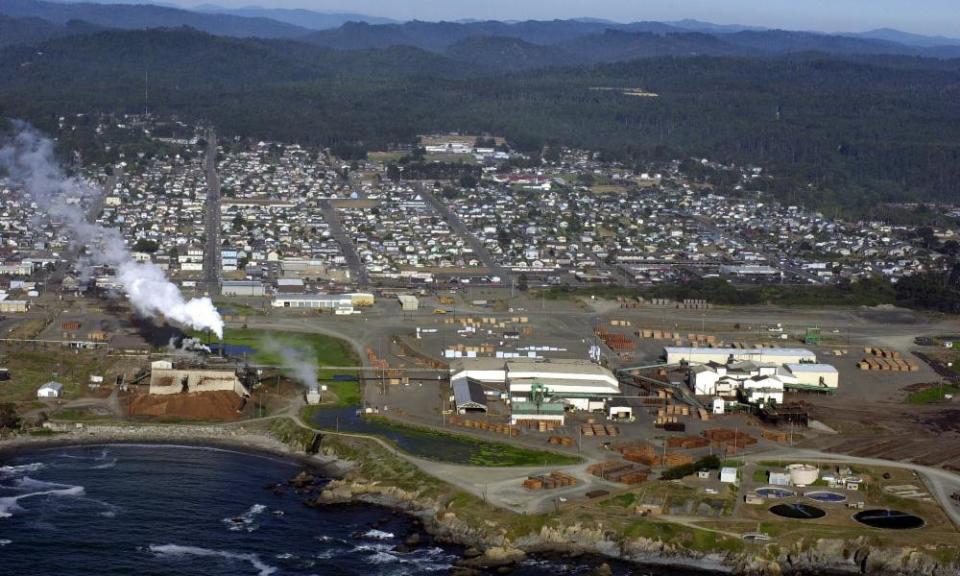California city to retain Confederate general’s name after year of debate

The commission made a list of recommendations ‘to correct historical wrongs in the area’
For more than a year, officials in a northern California coastal town have been debating whether they should rename.
This week, the commission examining the issue said that, for now, the Fort Bragg name is here to stay. But the effort highlights the challenges that come as cities, schools and parks across the US reconsider controversial placenames with racist histories.
After the murder of George Floyd in 2020 prompted a national examination of systemic racism in the US, the small California town of Fort Bragg commissioned a group of citizens to examine the possibility of changing its name.
The name had been in place since it was established as a military post in 1857. Braxton Bragg, the slave-owner Confederate army general for whom the city is named, reportedly never stepped foot in the area, but the post established in his name was responsible for controlling rebellious Indigenous tribes, part of a grim history in the area, a local teacher told the Santa Rosa Press Democrat.
The commission discussed the issue over the course of a year and more than 60 hours of meetings. An informal survey it conducted found that a majority of residents in the town of 7,000 wanted to keep the name. In previous city council meetings, some residents argued in favor of keeping the name because of what it meant to the area, rather than any connection to the Confederate general.
This week, the citizen group declined to issue a decision about the name, advising the city council that it had been unable to reach a consensus though 60% of commissioners supported the change.
“As a commission, we came to the conclusion that, at this time, because the citizens are so divided, this commission cannot unanimously recommend a simple ‘yes’ or ‘no’,” Cesar Yanez, a commissioner, told the city council on Monday.
The group did issue a list of recommendations to correct historical wrongs in the area, including the creation of a city policy to prioritize the return of land to Indigenous coastal tribes and a formal agreement recognizing their sovereignty.
“As we studied the name, it became apparent that the many atrocities and the attempted genocide committed against the Indigenous peoples of this land, when the US military’s Fort Bragg was established here, are fully wrapped up in the town name,” the group said in a presentation to the city council. “We came to unanimous agreement on the following recommendations the city council should carry out to make amends for this tragic history.”
The commission also recommended the city support the creation of a cultural center to “honor the way of life that existed pre-contact” and to form a committee dedicated to working with tribes and schools to tell a more complete history of the area.
Some renaming efforts in California have been successful. A state commission renamed a park that had been named for a white settler accused of murdering Indigenous people, and a county board voted to change a racist street name in north Lake Tahoe in response to concerns from residents.
In September 2021, the popular Lake Tahoe ski resort Squaw Valley announced it would change its name to Palisades Tahoe to remove the “derogatory and offensive” slur from its name. But such efforts have not been without opposition – indigenous activists in Fresno county campaigning to change the name of a town called Squaw Valley there faced pushback from local officials. Organizers said the name acts as a grim reminder of the atrocities Indigenous people have suffered while officials argued it was significant to the area’s history.

 Yahoo News
Yahoo News 